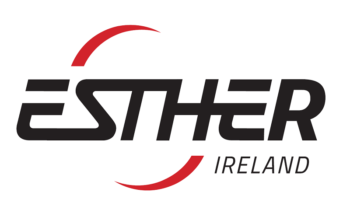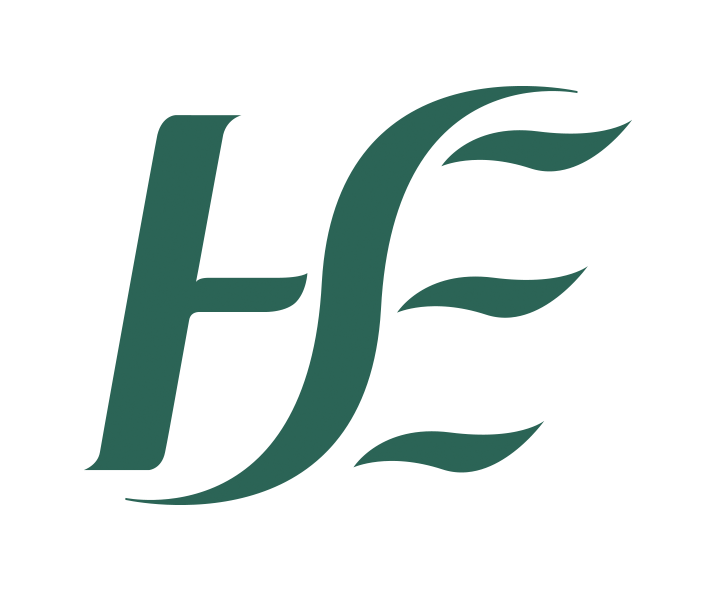The European ESTHER Alliance, including ESTHER Ireland, main mode of action is the twinning between hospitals, Universities, National laboratories, Research Institutions and their counterparts in partner countries. It supports North-South and South-South partnerships to strengthen individual and institutional capacities, reduce north/south inequalities in health and improve quality health care in low income countries. Quality of partnership is key to reach these goals.
The ESTHER Charter for Quality of Partnership sets out principles to ensure the quality of partnerships and increase impact of interventions in country partners. These key principles are outlined below.
| Key Principles for Quality of Partnership | Useful Techniques and Best Practices |
| Adherence to national policies and strategies
|
Partnership goals and activities should align with national policies and strategies. A thorough needs assessment should be carried out before launching new projects, and it should reflect the local needs, priorities and national policies. |
| Formal agreements between twinned institutions | Institutional commitments have been shown to be key for long-term success for health partnerships. If commitments are only between individuals, partners need to formalise this process with governance codes, vision statements and written agreements signed by both institutions .
|
| Reciprocity | Partners should be equally involved in all the project phases, from planning until evaluation, while seeking mutual benefits. Both partners can benefit from capacity building and expertise exchange. Reciprocity can be achieved by scheduling regular calls to discuss and agree on partnership goals and objectives.
|
| Joint and equal responsibility | Partner institutions are equally responsible for all project phases and both accountable for the partnership outcomes. If there is a lack of equal responsibility, partners should meet regularly to make joint decisions and discuss progress and tasks distribution. Having anonymous feedback forms for volunteers and employees is a great way to encourage communication and assess areas of weakness in terms of responsibility.
|
| Capability | Partner institutions have the capacity to:
Ensuring that both institutions host individuals, training sessions, or internships, communicate on a regular basis and have experience managing funds are a great reflection of good capability. |
| Equity and respect | Partnership is built and based on trust and confidence and there is no hierarchical relation between partner institutions. Exchanges based on ethical attitude and behaviour are key to the quality and sustainability of the partnership. If there are issues with equity and respect, it is best to identify the root cause of the problem. All partnerships should utilise trainings that focus on implicit bias, effective communication and inclusion. |
| Transparency | All partnership related activities and outcomes, annual narrative and financial reports should be made public and/or accessible to both partners and any relevant stakeholder or donor. From a financial standpoint, transparency is essential for continued investments from stakeholders. If partnerships do not have these reports already available on their website, it is best to have this made easily accessible upon request. |
| Ethics | Upholding ethical principles are at the core of all ESTHER Ireland partnerships and should be scrupulously respected by all stakeholders involved in the partnership. Confidentiality, consent of patients, data ownership are key ethical principles of research and must be upheld. Partner institutions and individuals commit to declare any conflict of interest. |

